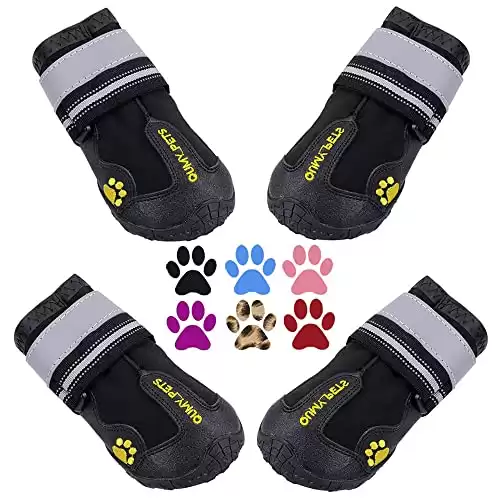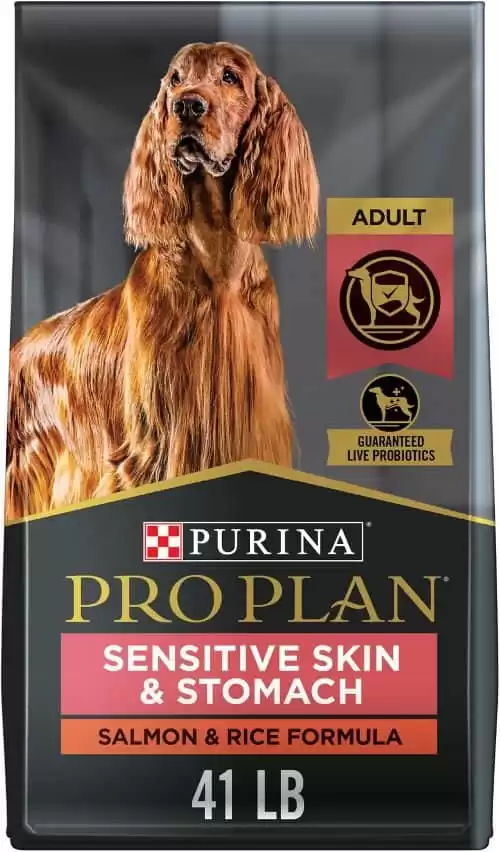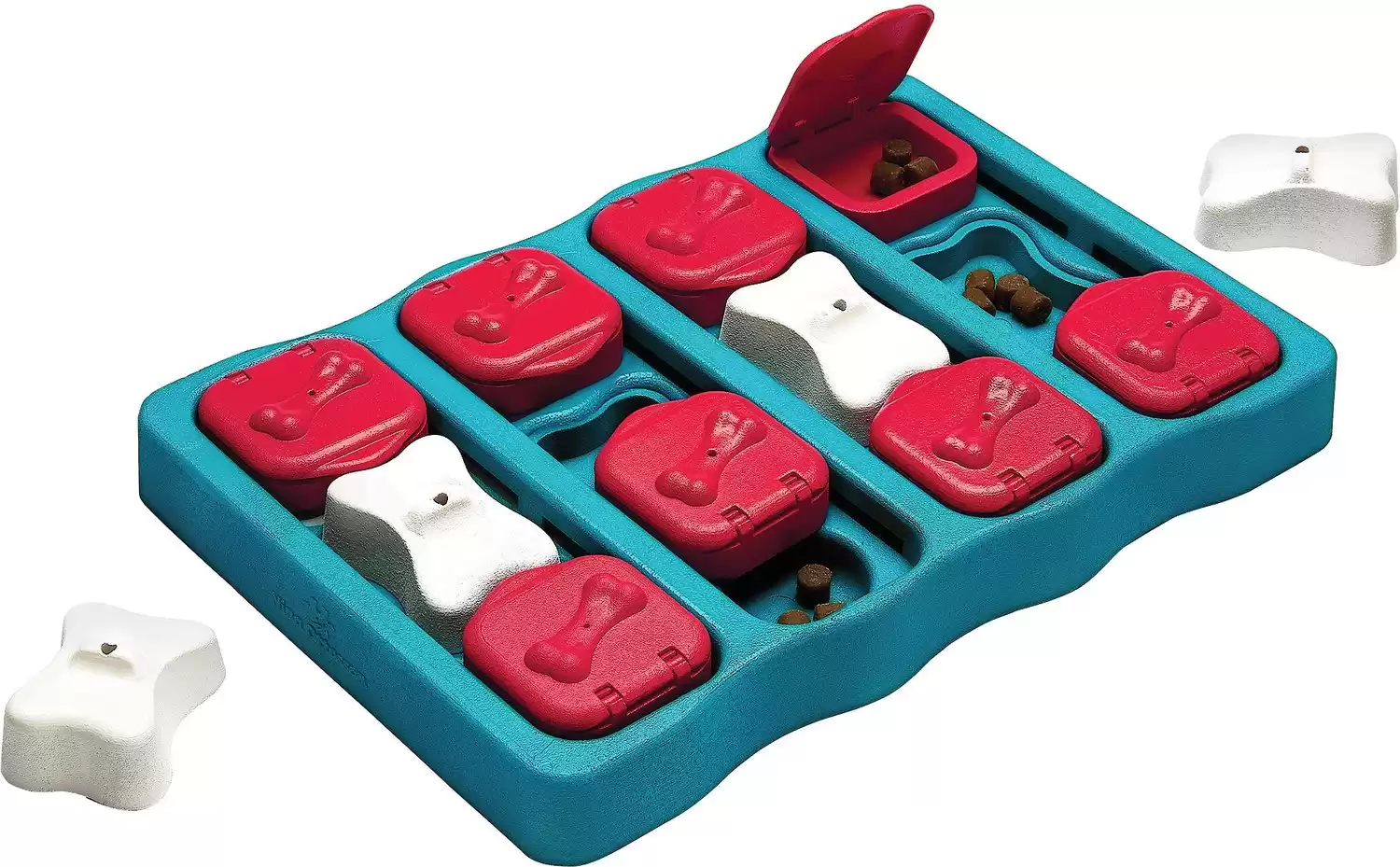Why do dogs lick their paws? Have you ever wondered that? Every dog’s behavior or habit has a reason. If you’re a pet parent, this is one of the things you must know. Your pet’s behavior can give you insight into how they’re feeling and let you know if something is wrong with them. One of such habits you should watch is dog paw licking.
Your dog licking or chewing its paw is not always a problem. Most times, it’s just part of the dog’s self-grooming process. If your dog licks its paw after coming inside from a walk outside, it could just be that it’s cleaning itself.
Why Do Dogs Lick Their Paws?
Paw licking is not always a problem. However, there are instances where your dog licking its paw indicates injury, skin issues, food allergies, anxiety, or even a serious medical condition. If your dog is doing this frequently and intensely, it could be a sign that something is wrong with it.
Injuries
If your pup is licking its paws, the most likely culprit is an injury in the paw. This can be a cut, a torn nail, or a growth between the nail. The injury could also result from a thorn, iceball, or stone stuck between the pads of the dog’s paws. Dogs may also hurt their feet by stepping on a sharp object or stepping on a hot or salted sidewalk.
Since they cannot get rid of it, the next cause of action for them is usually to lick the paws to tend to the injury. If you notice a sudden onset of paw licking in your pet or if it’s focused on licking just one foot, you should take a close look at the paws and examine the nails, toes, and the pads for any signs of injury.
In most cases, the injury should be something you can tend to at home with simple first-aid treatment. However, if the injury seems deep or persists for too long, your dog might need veterinary treatment.
Infection
If there are no injuries on the paws or feet, then the licking could be a result of a skin infection. Dermatitis is the most common one, but plenty of other fungal and bacterial infections may affect a dog’s feet.
Dermatitis is often caused by a reaction to a chemical in your yards, such as deicing or landscaping products. Dogs with hairy feet are particularly prone to getting infections, especially in wet conditions.
One recommended way to prevent infection or reduce the risk of it happening with your dog is to keep a bowl of water and a towel handy. This should be used to wash your pet’s paw and wipe it clean when it steps out to play, especially on rainy days. You can also wear dog booties to keep the paws dry and protected in wet conditions.
- Easy to get on and off
- Two adjustable, reflective straps
- Anti-slip soles
- Hand-washable
Parasites
Some parasites such as fleas or mange can cause itchy paws in pets. In some cases, you might be able to see the flea if you inspect your dog’s paw. However, the fleas may no longer be in the paw, and your dog may just be reacting to a single bite.
Ideally, you should prevent your dog from getting a flea infestation in the first place by using flea control products, regularly checking for fleas, and regulating your dog’s outdoor interactions. However, if your dog does end up with fleas on its coat, you may need to visit a vet to get treatments that will not only eliminate the parasite but also relieve the itchy reaction.
Allergies
Itchy paws in dogs may also be a result of an allergic reaction. If the paw itching is recurrent, it might be because your pet is reacting to food, grass, dust, pollen, or mold around the house. Usually, an allergic reaction will be accompanied by other symptoms such as swelling, redness, sneezing, ear itching, and so on. Narrowing down the exact cause of your dog’s allergies may be a little difficult. Usually, an allergy test may be required to determine the things your dog reacts to. You can talk to your veterinarian to discuss your dog’s diet and other factors that may be causing the allergic reaction.
- The formula is fortified with live probiotics to aid with digestion and support overall immune health
- The first ingredient in this high protein food is salmon.
- It does not contain any artificial colors or flavors.
Pain
Sometimes, the reason your dog is licking its paws may not be directly related to the paw. Pain in the feet and other parts of the body, such as Arthritis, can cause your dog to lick its paw as a way of dealing with the pain. In this case, an inspection of the paw alone may not turn up a plausible explanation for your dog’s habit. Your vet will likely take a closer look to diagnose the exact cause of pain and get it treated.
Behavioral Issues
If you have eliminated all the likely physical causes highlighted above, the problem could be psychological or behavioral. Your dog might just be bored, or it might be suffering from a behavioral issue like anxiety leading to compulsive behaviors like paw licking. Behavioral problems are challenging to diagnose, and your best bet is to seek an expert opinion.
If the problem is boredom, you can help your dog by increasing its playtime with you or going on more walks. You can also buy dog puzzles and toys that help to keep your dog engaged and distract it from focusing on its paws. For more complex issues like anxiety or a fear of noises, you should speak to an animal behaviorist to recommend techniques to relieve the condition’s symptoms.
- Teaches your dog three distinct foraging abilities
- Intermediate dog puzzle
- Your pet must figure out how to retrieve a treat
- Can be hand-washed with mild soap and warm water
What to Do If Your Dog Is Licking Their Paws Too Much
While occasional licking of the paws is normal, if your dog is doing it frequently enough to cause you to worry, then you should take action right away. You can begin on your own with an inspection of the paw to see what could be wrong. Take a closer look at the bottoms and top of your dog’s feet, spaces between the digits, nail beds, and other parts of the feet.
The issue could be a minor cut, swelling, blister, scabs, discharge, or redness. You should also look out for foreign objects, broken nails, or any other type of abnormality. If this is the case, administering first aid may fix the issue.
If you can’t spot the issue or it is more serious than you can handle, you should contact a vet to check for health problems or diagnose behavioral issues. Your vet may refer you to a specialist, dermatologist, or even a surgeon depending on the severity of the case.
Excessive paw licking can cause staining of the hairs around the paws or, in more severe cases, lead to a secondary bacterial infection due to the constant exposure to moisture. This will lead to more itching and more licking in the long run.
Conclusion
The causes of paw licking are quite numerous. Sometimes, there might even be no issue at all. However, if you notice your dog is licking its paw (or exhibiting any compulsive habit), you should speak to your vet to have it checked and diagnose the exact cause of the licking.
The photo featured at the top of this post is © Hyper-Set/Shutterstock.com
Ready to discover the top 10 cutest dog breeds in the entire world?
How about the fastest dogs, the largest dogs and those that are -- quite frankly -- just the kindest dogs on the planet? Each day, AZ Animals sends out lists just like this to our thousands of email subscribers. And the best part? It's FREE. Join today by entering your email below.
Thank you for reading! Have some feedback for us? Contact the AZ Animals editorial team.









